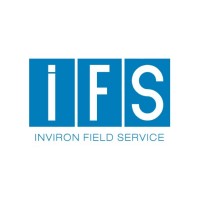Public Administration: Challenges and Opportunities
IA and Governance: Challenges and Opportunities
Introduction
Artificial intelligence (AI) has been one of the most revolutionary technologies in recent years. However, implementing AI in governments and public organizations presents a series of challenges and opportunities. This article explores the challenges and opportunities of AI governance, including transforming how organizations operate and how decisions are made.
Challenges
One of the biggest challenges in implementing AI in government is changing the organizational culture. Many times, public employees are not familiar with technology and may need training to adapt to new tools. Additionally, confidence in AI and a lack of transparency can be additional concerns.
How can organizations overcome these challenges?
Organizations can overcome these challenges by educating and training their employees and implementing monitoring and evaluation strategies to ensure transparency and accountability. Moreover, the participation of civil society and community involvement can help establish confidence in the implementation of AI.
Opportunities
The implementation of AI in governments presents many opportunities, including the improvement of efficiency and effectiveness of government processes, the improvement of transparency and a faster response to the needs of the population. AI can also help reduce corruption and impunity, as well as improve civic participation.
How can organizations explore these opportunities?
Organizations can explore these opportunities by identifying areas for improvement, developing implementation and monitoring strategies, and establishing partnerships with private partners and civil society.
Conclusion
In summary, implementing AI in governments presents challenges and opportunities. However, with the right approach and correct implementation, organizations can overcome these challenges and explore the opportunities of AI to improve governance and meet population needs.

